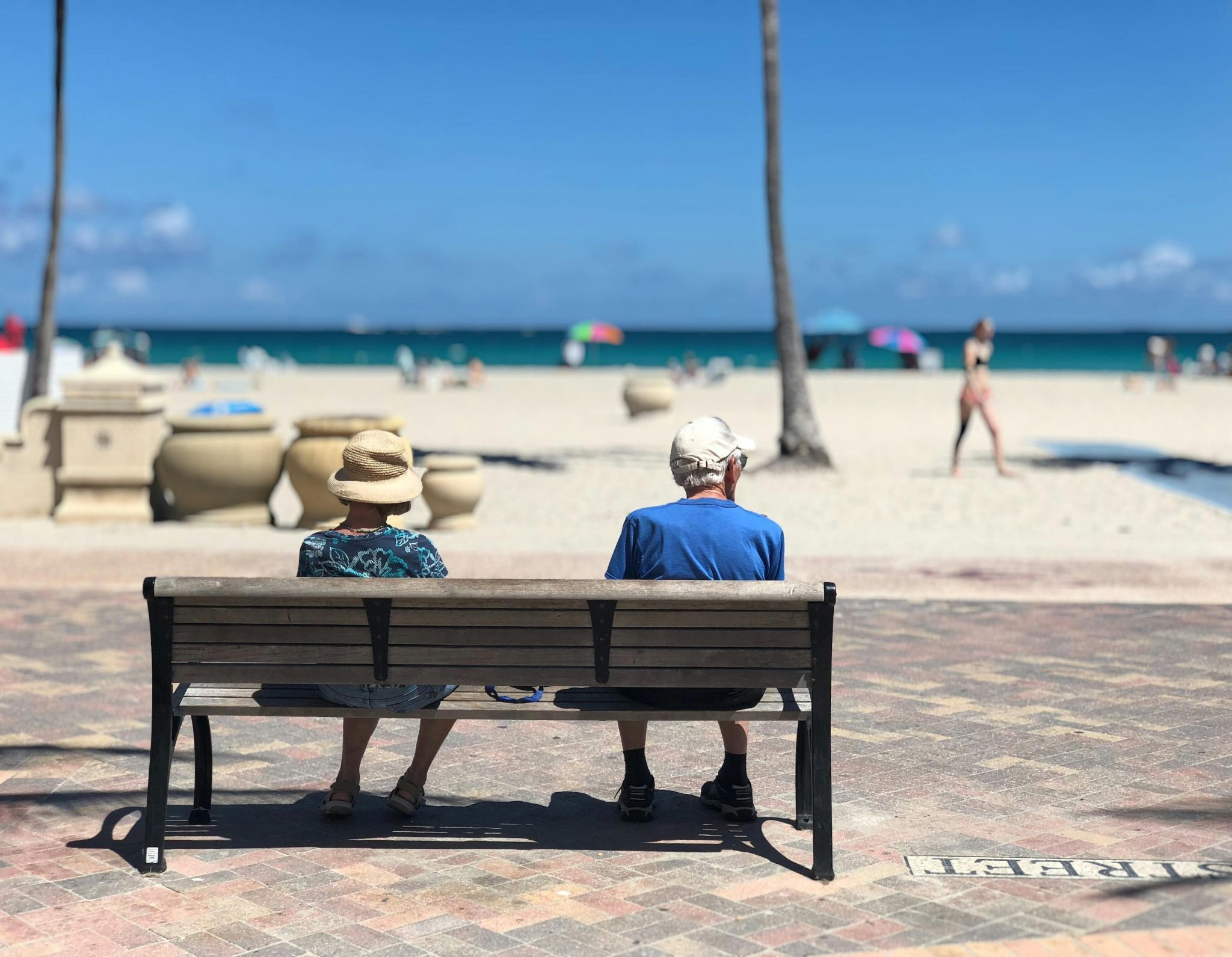Over the past decade, Colombia has undergone a remarkable transformation in global perception. Once known primarily for its turbulent history, it is now recognized as a vibrant, modern country attracting foreign investment, digital nomads, and retirees seeking a high-quality yet affordable lifestyle. Among the growing number of foreigners putting down roots are retirees, many of whom are taking advantage of Colombia’s Visa de Pensionado, or Retirement Visa.
The program is designed for individuals who can demonstrate a guaranteed monthly pension, making it one of the most accessible pathways to residency in South America. However, like many bureaucratic processes in Latin America, obtaining this visa can present hurdles. Understanding the requirements, potential complications, and long-term benefits is crucial for those considering Colombia as their retirement destination.
Requirements for the Retirement Visa
The Colombian government requires applicants to meet a set of minimum criteria:
-
Proof of Pension Income
Applicants must demonstrate a lifetime pension equal to at least three times Colombia’s monthly minimum wage. For 2025, this is about 3,900,000 COP (approximately USD $975) per month. Unlike some other countries’ retirement programs, Colombia requires the income to be from a stable pension source such as government retirement systems, social security, or company pensions. Rental income, dividends, or freelance work income typically do not qualify.
-
Legalized and Translated Documents
Pension verification must be officially certified, apostilled in the applicant’s home country, and translated into Spanish by a certified translator in Colombia. This step is often the most time-consuming and costly part of the process.
-
Clean Criminal Record
Applicants must present a recent background check from their country of residence, also apostilled and translated.
-
Valid Passport and Health Coverage
A valid passport with sufficient validity and proof of health insurance that covers medical expenses in Colombia are required. Authorities want to ensure that retirees will not become a financial burden on the public healthcare system.
Complications and Common Pitfalls

While the checklist may seem straightforward, many applicants quickly discover that Colombian immigration procedures involve layers of bureaucracy.
- Document Inconsistencies: Even small discrepancies can cause delays. For example, if a pension letter lists a middle initial but a passport spells out the full name, or if there is a minor mismatch in a date of birth, the authorities may request new documentation. These delays can add weeks or months to the process.
- Apostille and Translation Delays: U.S., Canadian, and European pension authorities often issue pension verification letters without apostille, leaving retirees scrambling to obtain proper legalization before they can even apply. Then, once in Colombia, certified translations must be arranged, creating another step.
- Changing Immigration Rules: Colombia has periodically adjusted the rules for visa categories. What was acceptable documentation a year ago may no longer meet the standard today. Retirees who apply without professional guidance sometimes find themselves blindsided by policy changes.
- Processing Times: Though the government advertises relatively fast turnaround times, in practice it may take several weeks or even months for applications to be reviewed, particularly during peak periods.
For these reasons, many retirees rely on specialized immigration lawyers or firms that can handle the process end-to-end, ensuring documents are in order and minimizing the risk of rejection.
Benefits of the Retirement Visa
Despite the bureaucratic hurdles, the Colombian Retirement Visa offers substantial advantages for those who qualify:
-
Affordable Residency Pathway
The financial requirement of around USD $975 per month is comparatively low, especially when contrasted with retirement visa thresholds in countries like Portugal, Spain, or Costa Rica. This makes Colombia accessible to a broader range of pensioners.
-
Renewable and Flexible
The Retirement Visa is typically issued for one to three years and can be renewed indefinitely. After five continuous years, retirees may apply for permanent residency, and eventually even Colombian citizenship if they wish.
-
Healthcare Access
One of the most significant benefits is access to Colombia’s healthcare system, which is ranked among the best in Latin America. Monthly private health insurance premiums can cost a fraction of those in the United States, and high-quality medical care is widely available in major cities like Bogotá, Medellín, and Cali.
-
Cost of Living
Colombia offers a much lower cost of living compared to North America or Europe. Housing is affordable, fresh produce and groceries are inexpensive, and hiring help for domestic chores is within reach for most retirees. A comfortable lifestyle can often be maintained on a fraction of what it would cost in the U.S. or Canada.
-
Quality of Life and Climate Diversity
Retirees can choose between climates depending on personal preference: Medellín offers eternal spring, the Coffee Region provides a cooler mountain atmosphere, and coastal cities like Cartagena and Santa Marta deliver tropical, beachside living.
-
Cultural and Social Opportunities
Colombia’s growing expat communities provide social support networks, while locals are known for their warmth and hospitality. Retirees often find integration easier here than in more insular cultures.
The Lifestyle Appeal of Retiring in Colombia

Beyond the technicalities of visa requirements, the Retirement Visa unlocks the door to an entirely new way of life. Cities like Medellín have been praised globally for their urban innovation, featuring efficient public transport, vibrant art scenes, and lush green spaces. Smaller towns in the Coffee Axis offer tranquility and charm, while coastal communities provide a slower pace of life with Caribbean flair.
Culinary experiences abound, with Colombia’s diverse regions offering everything from fresh seafood and tropical fruits to world-class coffee. Retirees also benefit from Colombia’s central location in the Americas, making travel back to the U.S. or Canada relatively convenient.
For many, the opportunity to stretch retirement savings further while enjoying modern amenities, quality healthcare, and a welcoming environment makes Colombia a compelling alternative to more traditional retirement destinations.
The Bottom Line
Colombia’s Retirement Visa presents a unique opportunity for foreign pensioners to establish a new life abroad. While the process comes with complications—ranging from apostille paperwork to occasional bureaucratic delays—the long-term benefits are undeniable. Affordable living, high-quality healthcare, and the chance to immerse oneself in a vibrant and culturally rich society continue to draw retirees from around the world.
For those willing to navigate the initial hurdles, Colombia offers not just a visa, but an invitation to embrace a rewarding new chapter of life in one of South America’s most dynamic countries.




















